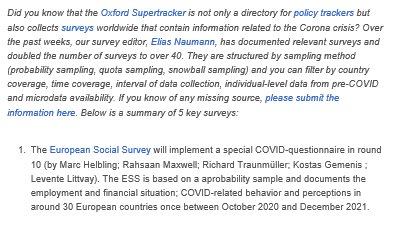Today we are burying my grandpa. He was 96, active and cheerful until his death.
He went through dreadful experiences of unemployment and poverty that resulted in fascism and WWII. It convinced him that fighting unemployment needs to be the top priority. This is his story.👇🧵1/
He went through dreadful experiences of unemployment and poverty that resulted in fascism and WWII. It convinced him that fighting unemployment needs to be the top priority. This is his story.👇🧵1/

1) Johann (Hans) Riegler was born in 1926 in a small town in Burgenland – just 5 years after the state changed from Hungary to Austria as a consequence of the WWI peace treaty of Saint-Germain. They lived in poor conditions. 
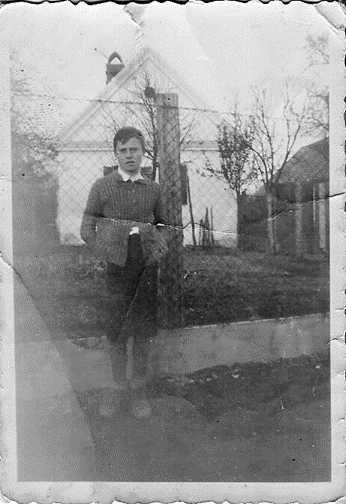
On a summer day in 1931, his first memory started. 5-year-old Hans was rushing to the coal mine outside of town. A terrible accident had happened: his father, who worked there as an electrician, had gotten electrocuted. His first retained memory was the dead corpse of his father.
From that day on, he told himself: “I will show it to you, electricity!”
He, all his sons and grandsons should become electricians themselves – except me.
The photo shows his schoolbook from 1946 when he did an apprenticeship to be trained as an electrician.
He, all his sons and grandsons should become electricians themselves – except me.
The photo shows his schoolbook from 1946 when he did an apprenticeship to be trained as an electrician.
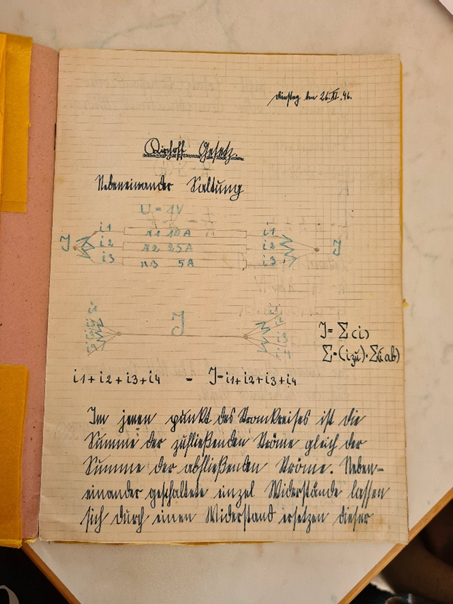
2) Since the death of his father, he grew-up in poverty raised by his grandmother together with his siblings and cousins. Their shoes were ragged despite long daily walks through the snow to the next town’s school.
But luck was often on his side: he won a bike in the lottery.
But luck was often on his side: he won a bike in the lottery.

He still remembered the bailiff's seal on many houses marked for garnishment. Most adults he knew were unemployed in the mid-1930s.
He also remembered the Austro-fascist coup in 1934 with many labour activists being tortured and killed – among them another great-granddad of mine
He also remembered the Austro-fascist coup in 1934 with many labour activists being tortured and killed – among them another great-granddad of mine

His mother was unable to sustain the family by herself. She got depression. In 1940 she was deported by the Nazis to a Euthanasia Centre killing facility. Six months later they received a letter that she had died from pneumonia leaving Hans and his two sisters as complete orphans
3) That happened at the same time when the Hitler Youth HJ provided some sort of ‘family’ to Hans. It was the first time that he felt part of a thriving community. Only years later after WWII, he should learn about the true cause of death of his mother, finding it hard to accept. 

Since being a child, he dreamt of flying a plane. With the HJ, he had his first experience being catapulted from a nearby hill on a gliding plane.
1943 at 16, he volunteered for the draft and inscribed to the Luftwaffe. Instead, he was put into a tank at the Eastern Front.

1943 at 16, he volunteered for the draft and inscribed to the Luftwaffe. Instead, he was put into a tank at the Eastern Front.


By today’s definition, he was a child soldier.
He recalled the cheering passants at first when they started off followed by the crippling fear when they faced the first dead bodies once they reached the front. They were misled.

He recalled the cheering passants at first when they started off followed by the crippling fear when they faced the first dead bodies once they reached the front. They were misled.


He was commanded to the war front in today’s Romania. By the irony of history, the carers for his final years should come from the same region in Romania. He went there repeatedly with them in the past years. At last, his carer's family carpentered his coffin in Romania. 

He often told me about the war.
One night they were put into holes in the ground with antitank defence and the order to hold position. They were terrified. When he turned around, the holes behind him were empty. His comrades had retreated. He ran away himself. He survived.
One night they were put into holes in the ground with antitank defence and the order to hold position. They were terrified. When he turned around, the holes behind him were empty. His comrades had retreated. He ran away himself. He survived.

He recalled the wine and “Panzerschokolade” (= methamphetamine) that he and his comrades were given before combat. Some “ate to much of it” and died with white foam coming out of their mouth.
For others, it made them fight. It made them kill. The command was “always onward!”.
For others, it made them fight. It made them kill. The command was “always onward!”.

It was 1944 when he got wounded in combat. Their tank got shot down. He was the slowest to escape through the fire escape at the bottom, so he tried to get out at the top. A gunshot penetrated his lower arm. He went back into the tank and made it out through the fire escape.
The war ended for him in sickbay when they were captured by the US army. He had never seen a person of colour before, and they were told that people of colour would eat humans alive. They were terrified but it was a US soldier of colour who offered him chocolate. 
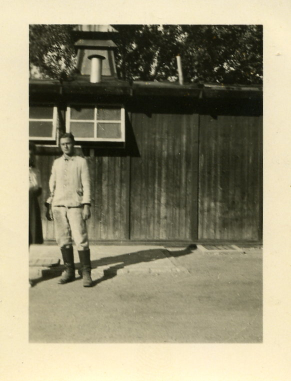
A few weeks ago, I visited him for the last time. We talked about the current war in Ukraine – how warfare had changed but also how much it remained the same dreadful bloodshed. It seemed unimaginable that 80 years after his experience, there was again fighting in Eastern Europe.
From his experience growing up in poverty and WWII, he became deeply convinced for his entire life that politics needs to avoid unemployment by all means – otherwise, the consequences would be dictatorship and war.
4) After WWII, he trained as an electrician. He married my grandmother and raised four children. The tree boys among them all became electricians. They started working with him on construction sites from the age of 10. 
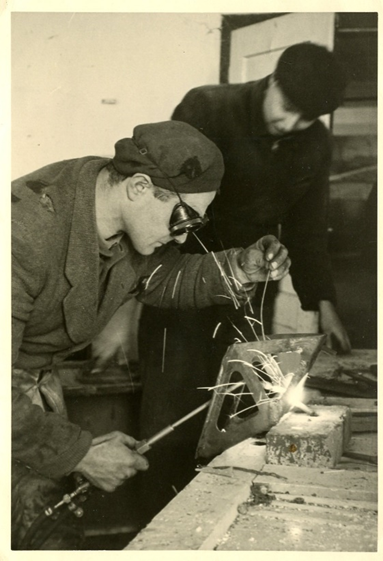
They worked 7 days a week: Monday to Friday for a company on large-scale construction sites; Saturday and Sunday informally on private construction sites. That’s how most private homes in #Burgenland post-#WWII were built. 

Hans was often exhausted from work. One day, he fell asleep while driving. Their vehicle went heads over heels before landing on its wheels.
They only saw white: Were they dead? Was this what heaven looked like?
The white turned out to be plaster they carried to for construction
They only saw white: Were they dead? Was this what heaven looked like?
The white turned out to be plaster they carried to for construction

He never stopped being active as an electrician and continued working and repairing appliances at home in his workshop up to his death. 

5) Still a young man, Hans loved riding his motorbike. Later he fulfilled his dream and became a hobby pilot. First, he was flying gliders because it was more affordable. Later he started flying power gliders. 





On a stormy flight, the navigation system stopped working and he lost sight. When he ran out of fuel, he had to do an emergency landing on a field. He thought to be in Austria but actually landed in Croatia.
In his 80s, he was said to be the oldest active pilot in the country.
In his 80s, he was said to be the oldest active pilot in the country.

His passion was flying, and he spent any time off work on the airfield nearby. I grew up with him and he introduced me to aeroplanes from early on. As a teenager, he let me steer the plane in the sky. 
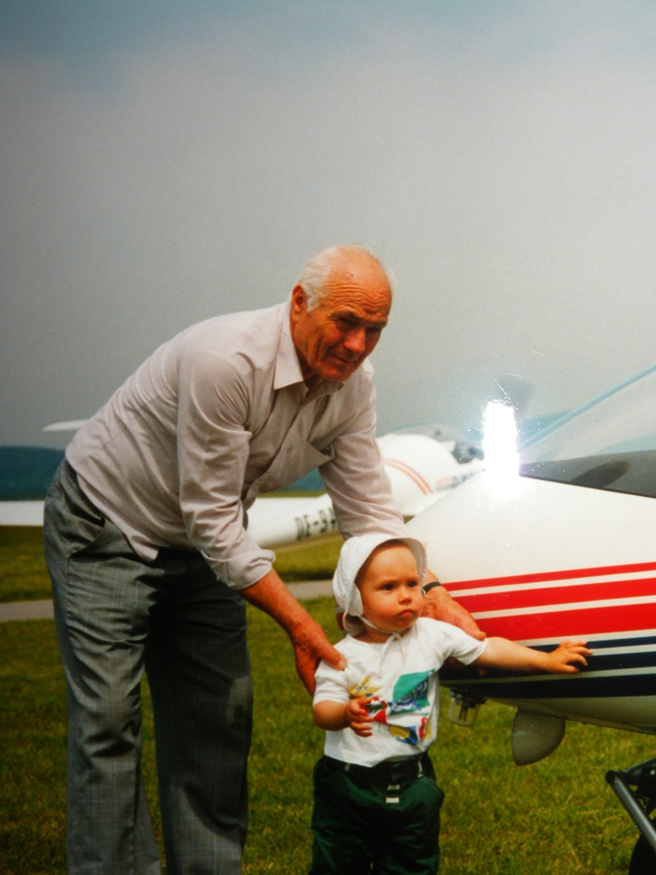
Unroll @threadreaderapp
• • •
Missing some Tweet in this thread? You can try to
force a refresh









